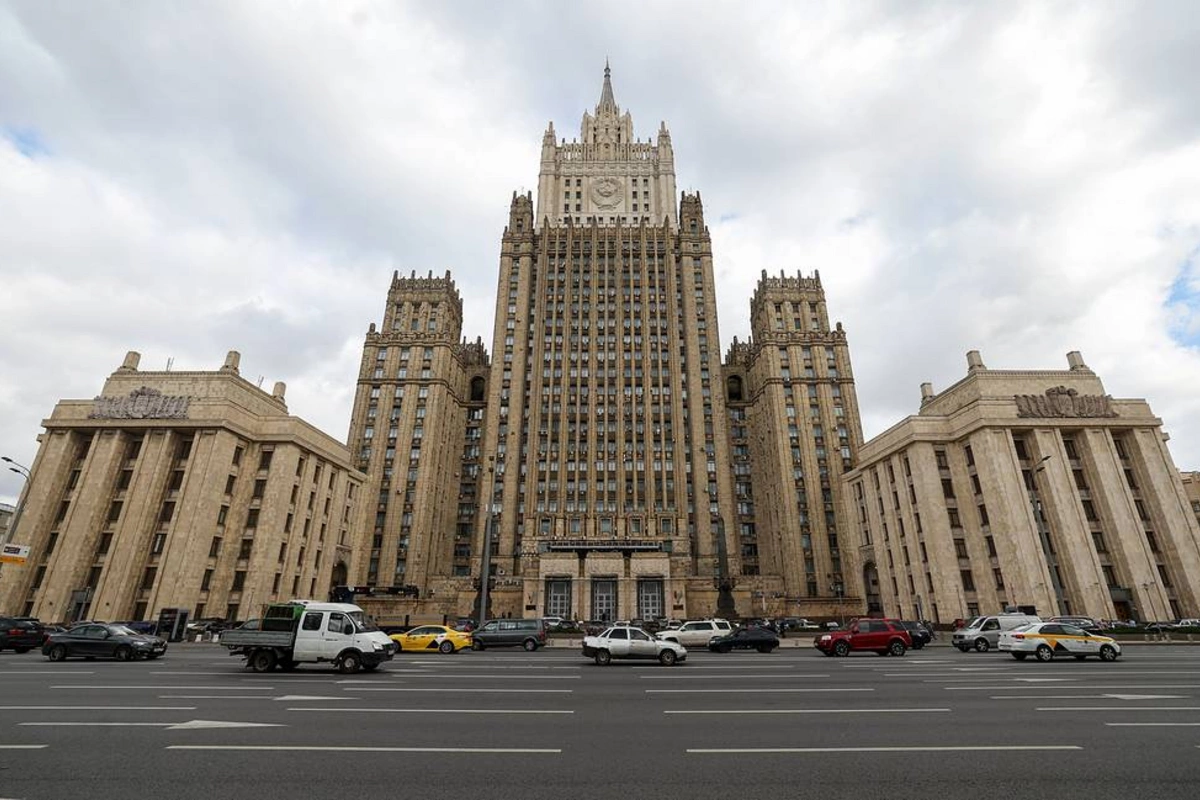
The diplomat noted that Moscow was closely watching how relations among NATO, the European Union and the states directly adjacent to Russian territory were developing.
Photo: TASS
Russia's deployment of the Oreshnik intermediate-range ballistic missile has not prompted any adverse reactions from Central Asian nations, according to Alexander Sternik, the director of the Russian Foreign Ministry's Third Department for CIS countries.
He noted that Moscow has made efforts to clearly communicate its actions to its partners in the region, The Caspian Post reports, citing Russian media.
"No one in the Central Asian region is indifferent to this situation - everyone is watching with anxiety how this conflict situation is developing. Russia has been doing everything to objectively explain to our partners the motives that guide us in taking this or that step," he pointed out. "There has been no negative reaction. We are not asking for or expecting support from anyone. We are acting in accordance with our own national interests, in accordance with the security considerations - ours and our Collective Security Treaty Organization allies."
Sternik noted that Moscow was closely watching how relations among NATO, the European Union and the states directly adjacent to Russian territory were developing.
"There are allied relations between Russia and most Central Asian countries. This is not an empty sound: there are a number of treaties and agreements providing for mutual support and, most importantly, the commitment not to take any steps that could be directed against each other's security interests," he added.
"With this in mind we are certain that there are no risks of an expansion of NATO's spheres of influence into Russia's immediate neighborhood. Although this does not rule out attempts by our adversaries to somehow regain their military or intelligence presence in the Central Asian region. We are closely monitoring this," Sternik pointed out. "I think that our partners understand as well as the Russians what risks such penetration is fraught with, since the strategic aims of the Western countries to reformat political regimes in the post-Soviet space are still there."
Share on social media

